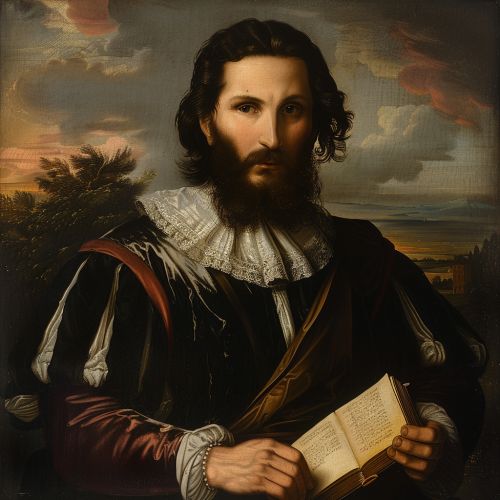Ulisse Aldrovandi
Early Life
Ulisse Aldrovandi was born on 11 September 1522 in Bologna, Italy. He was the only child of Teseo Aldrovandi, a nobleman, and his wife, Luisa Dondi, a member of an old and distinguished family of scholars. His early education was directed by his mother, who instilled in him a love for learning and a passion for the natural world.
Education
Aldrovandi began his studies at the University of Bologna in 1545, where he initially studied law. However, his interest in natural history led him to shift his focus to the study of medicine and botany. He studied under some of the most eminent scholars of the time, including Luca Ghini, a renowned botanist, and Bartolomeo Eustachi, a famous anatomist.
Career
Aldrovandi spent the majority of his career at the University of Bologna, where he was appointed professor of natural history in 1561. He held this position until his death in 1605. During his tenure, he established one of the first botanical gardens in Europe and amassed a vast collection of specimens from all over the world.
Contributions to Science
Aldrovandi is often considered the father of modern natural history. He was one of the first scientists to use observation and description as the primary methods for studying the natural world. His work laid the foundation for the fields of zoology, botany, and geology.
Aldrovandi's most significant contribution to science was his extensive collection of natural specimens, which included plants, animals, minerals, and fossils. This collection, which was one of the largest of its time, served as a valuable resource for scientists and scholars.
Aldrovandi also made significant contributions to the field of medicine. He was one of the first scientists to study the medicinal properties of plants, and his research led to the development of several new treatments for various diseases.
Publications
Aldrovandi was a prolific writer, and his works are considered some of the most important in the field of natural history. His most famous work, "Ornithologia," is a comprehensive study of birds and includes detailed descriptions and illustrations of over 200 species.
Other notable works by Aldrovandi include "De Animalibus Insectis," a study of insects, and "Monstrorum Historia," a collection of accounts of mythical creatures and natural deformities.
Legacy
Aldrovandi's work has had a lasting impact on the field of natural history. His methods of observation and description have become standard practice in the field, and his extensive collection of specimens continues to be a valuable resource for scientists.
Aldrovandi's contributions to science have been recognized by several institutions. The University of Bologna has named its botanical garden after him, and a statue of Aldrovandi stands in the city's main square.
See Also


